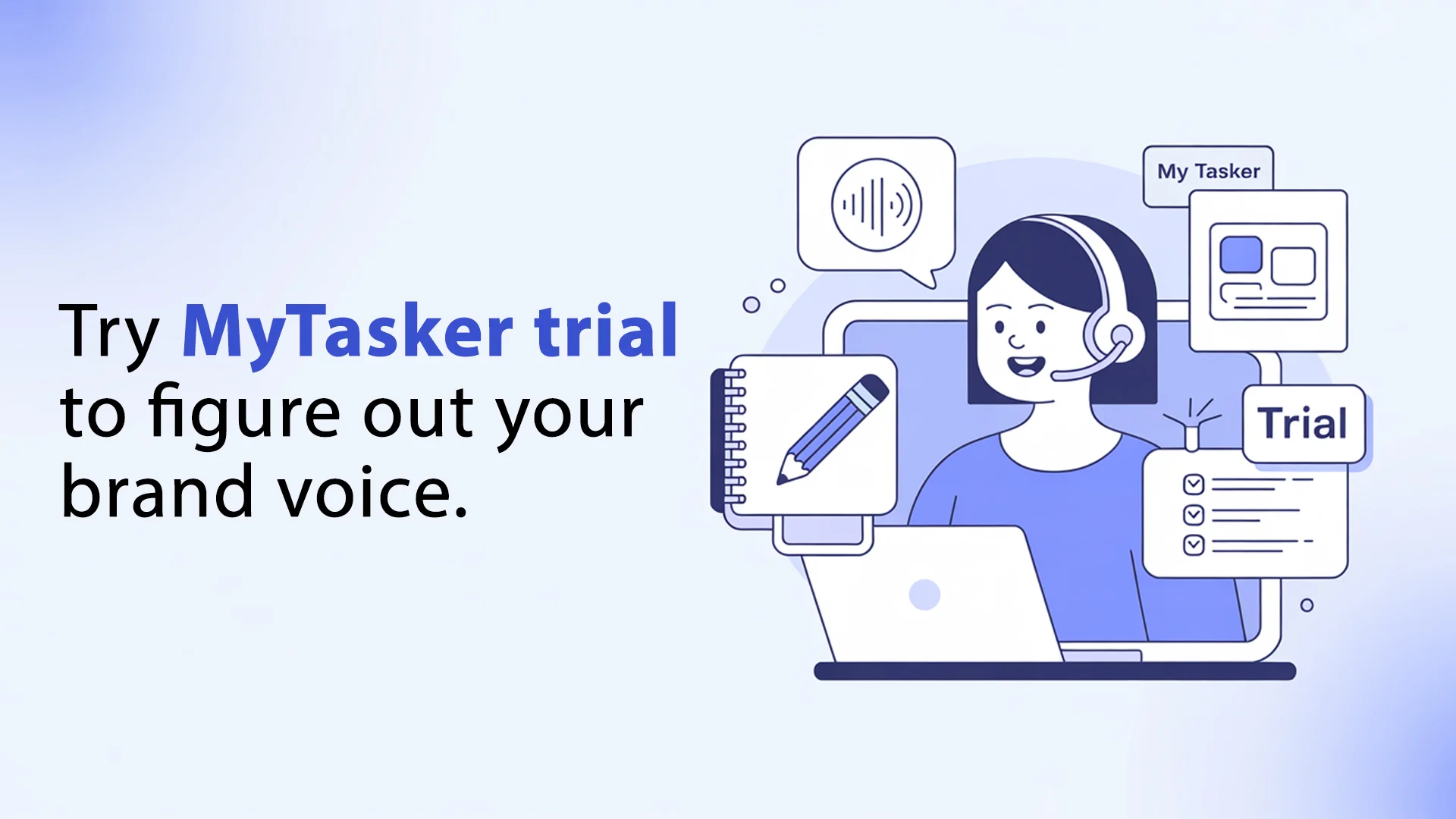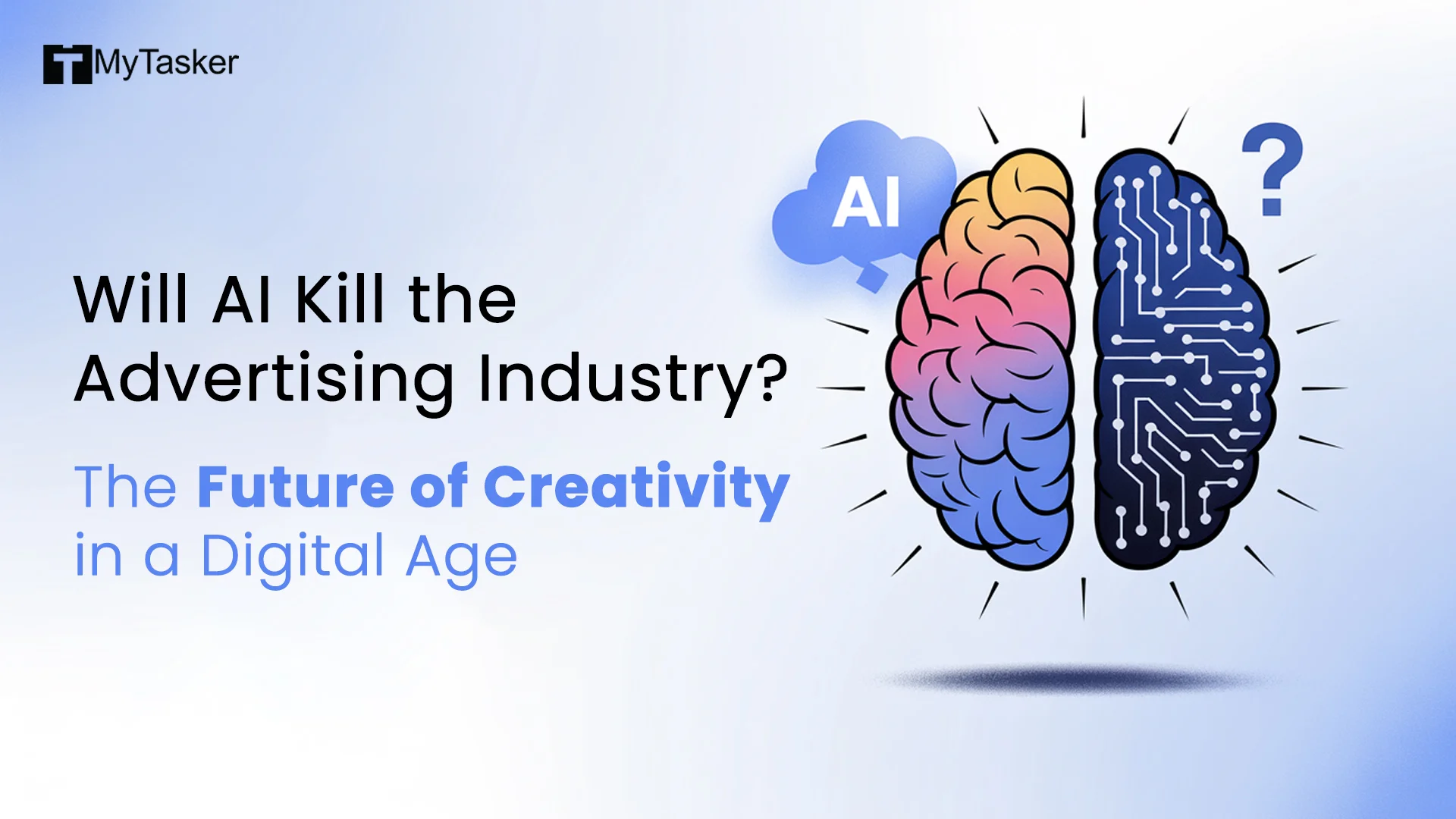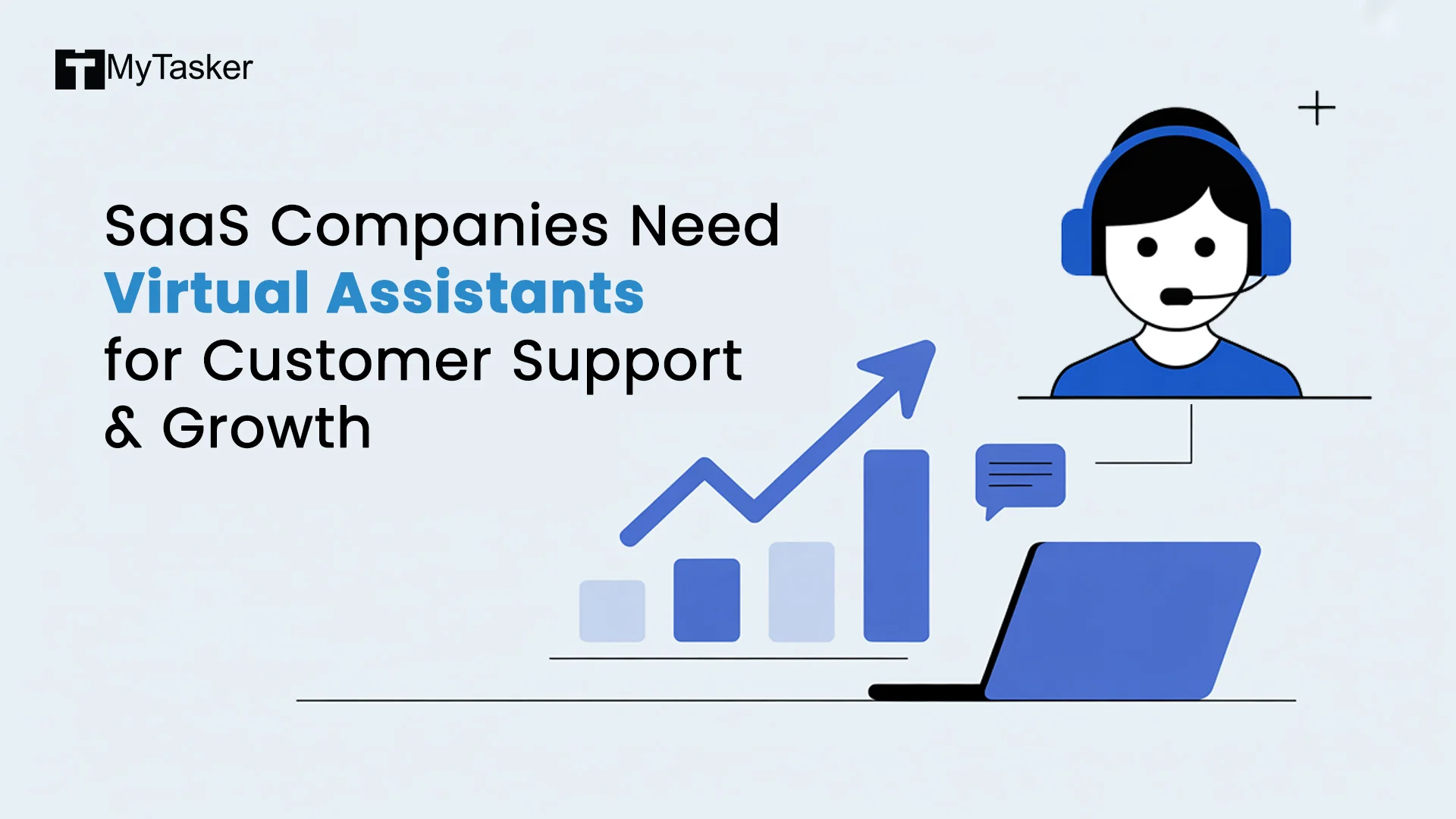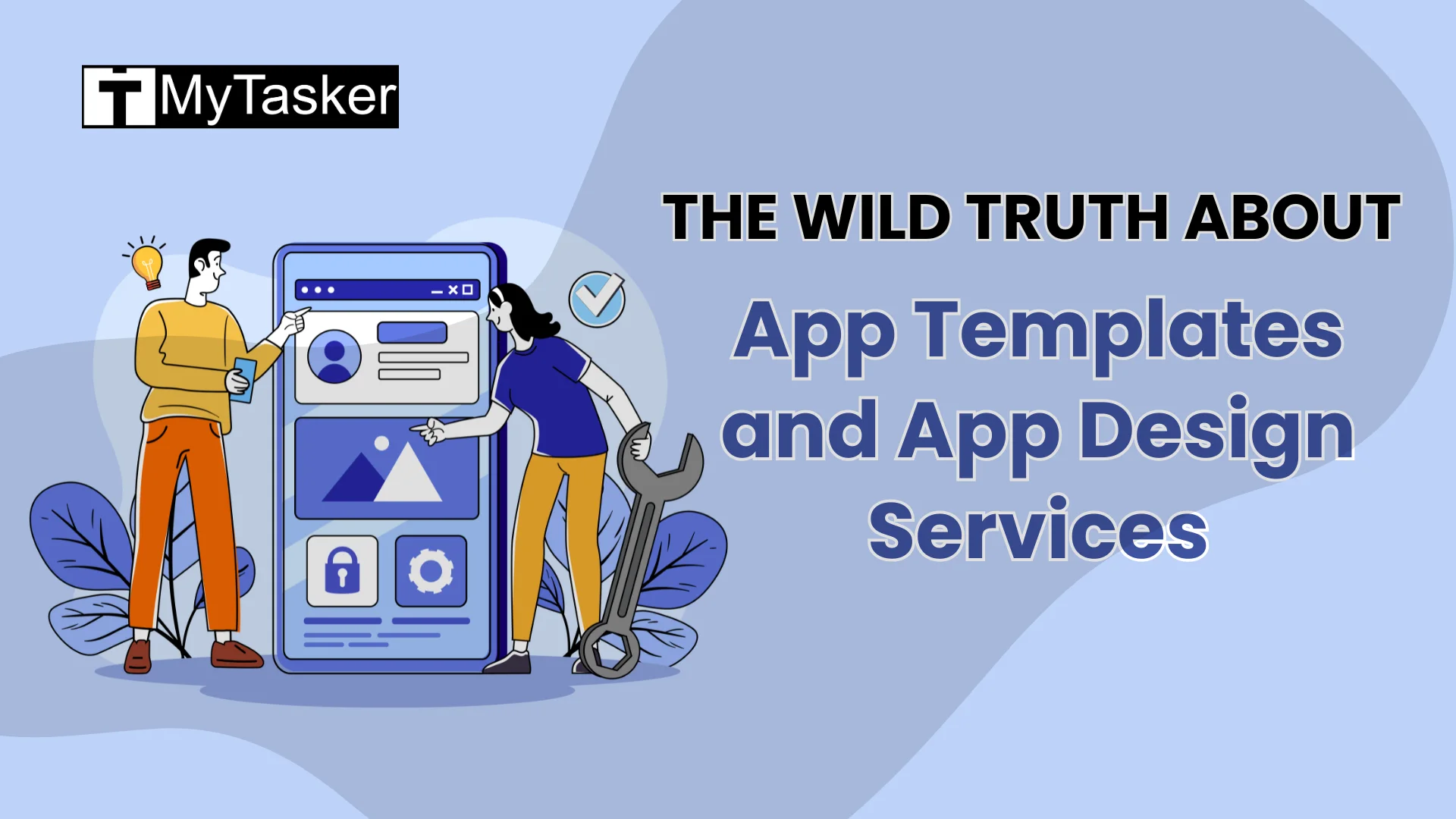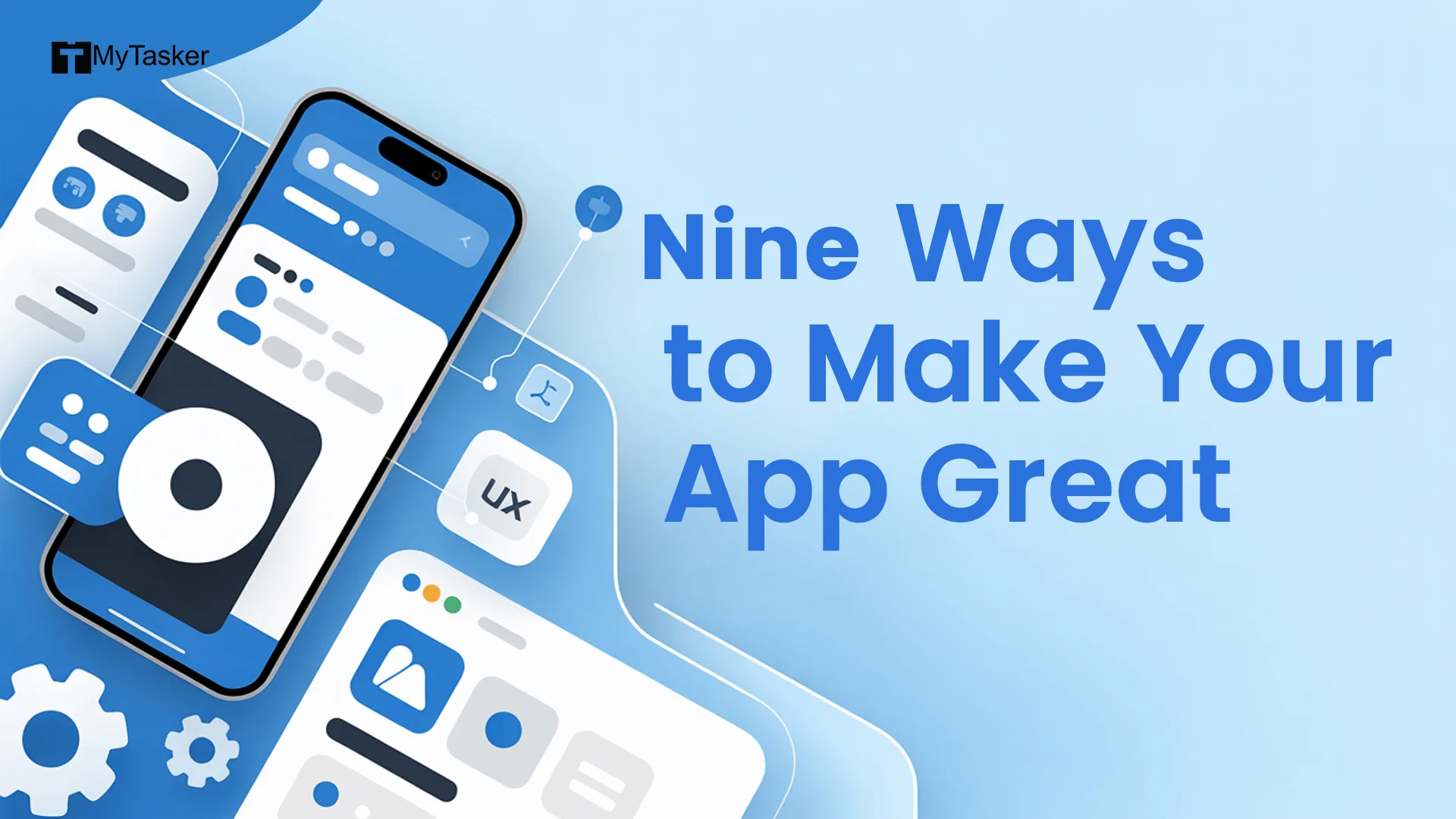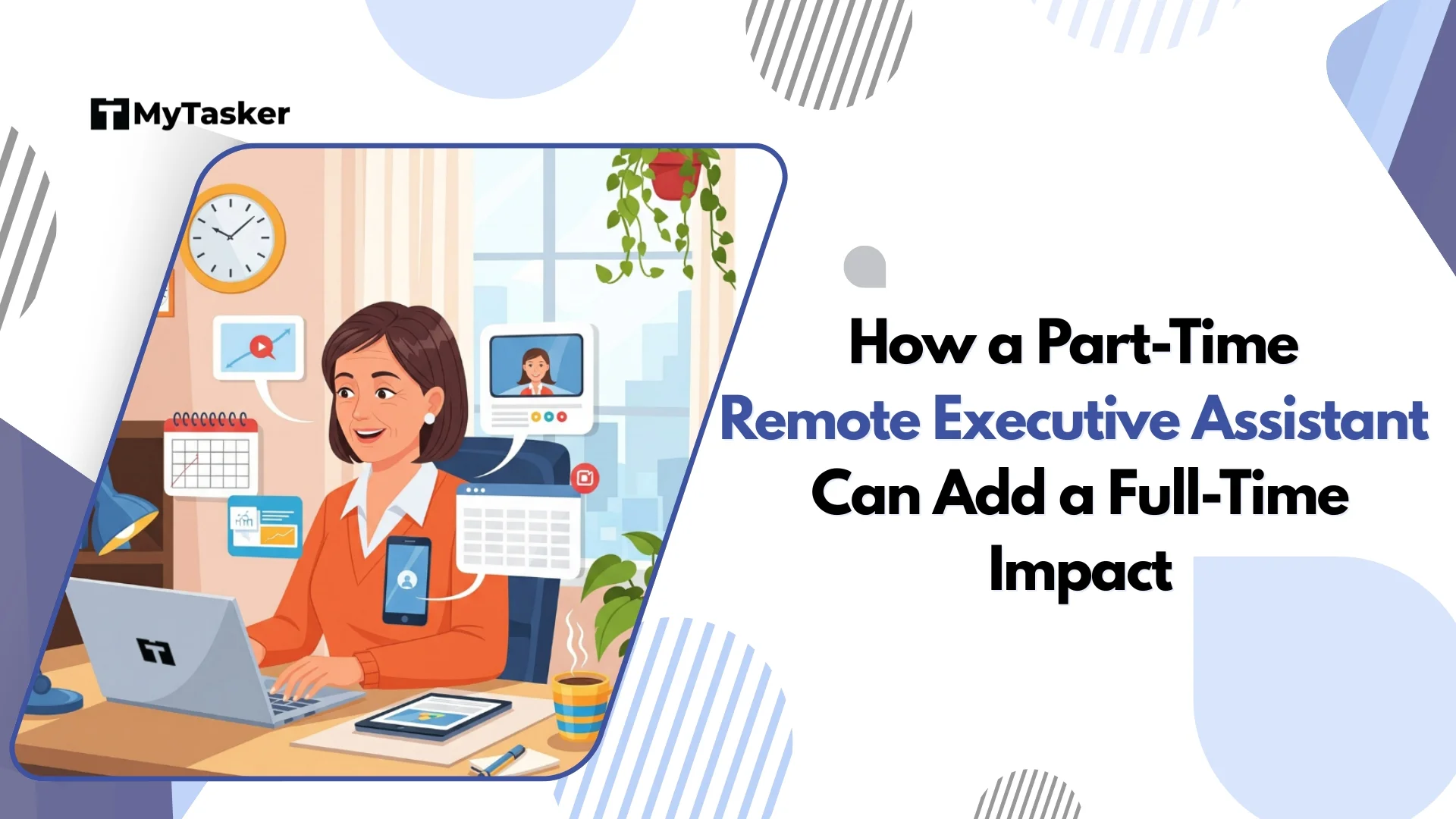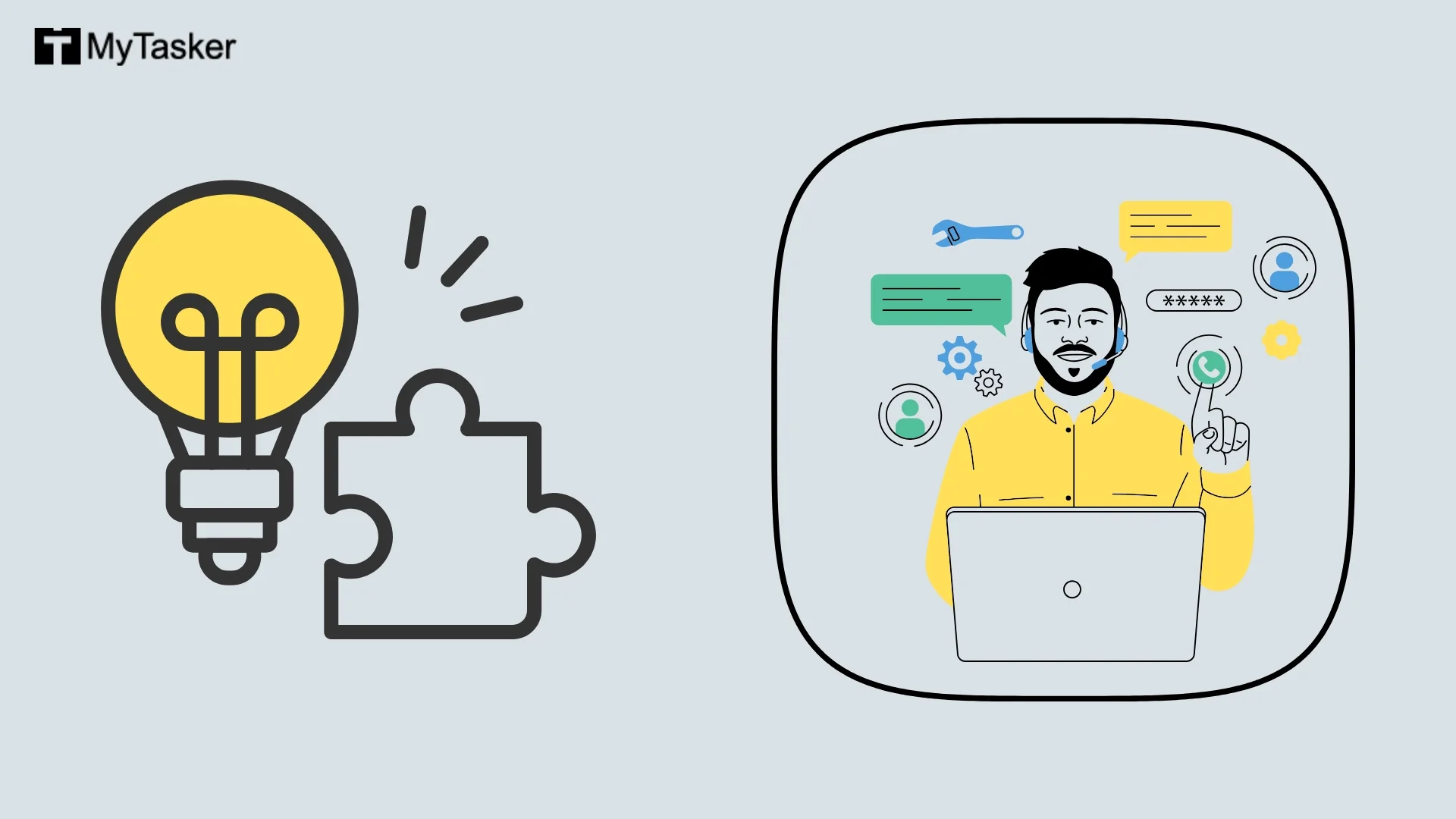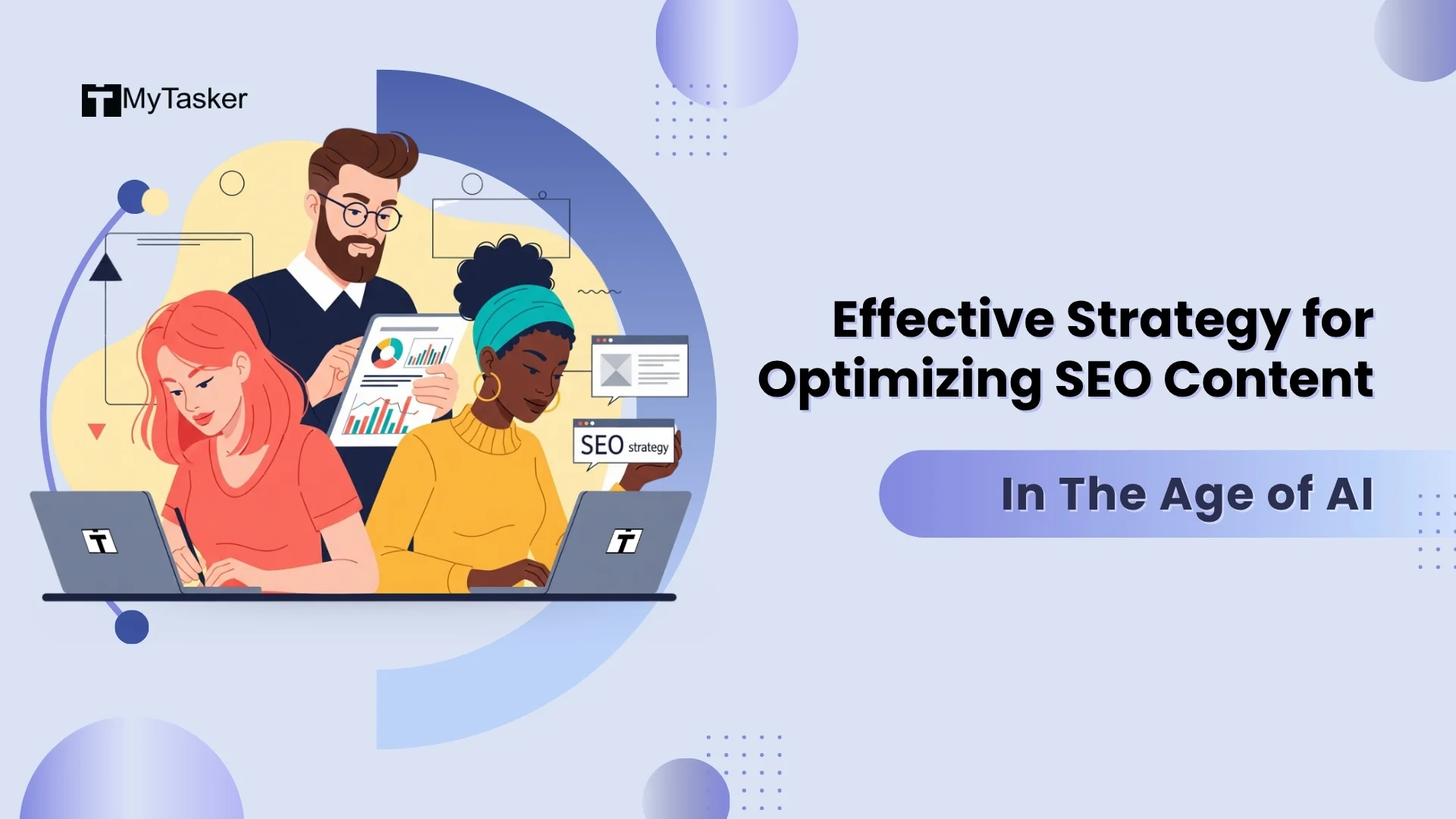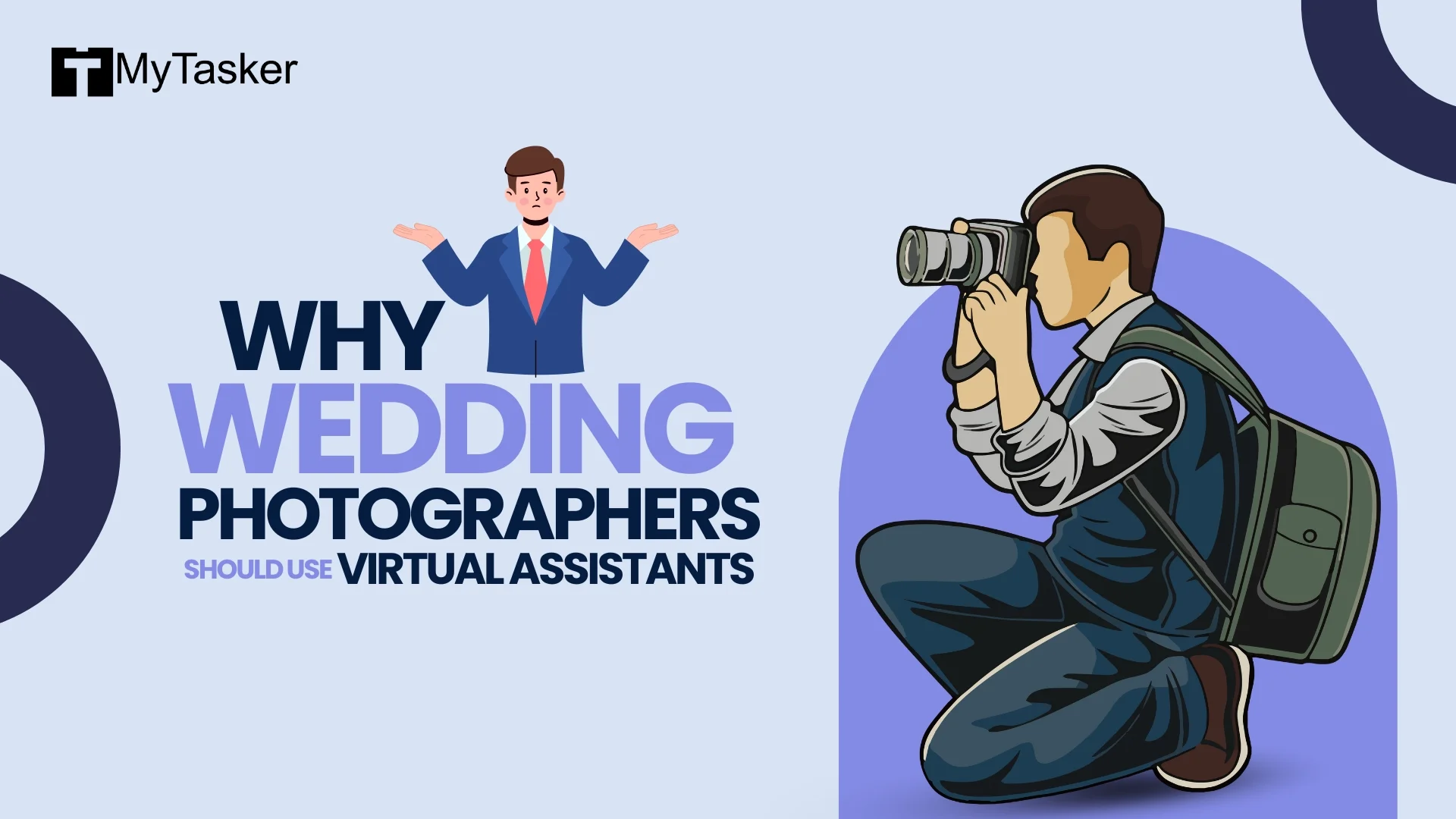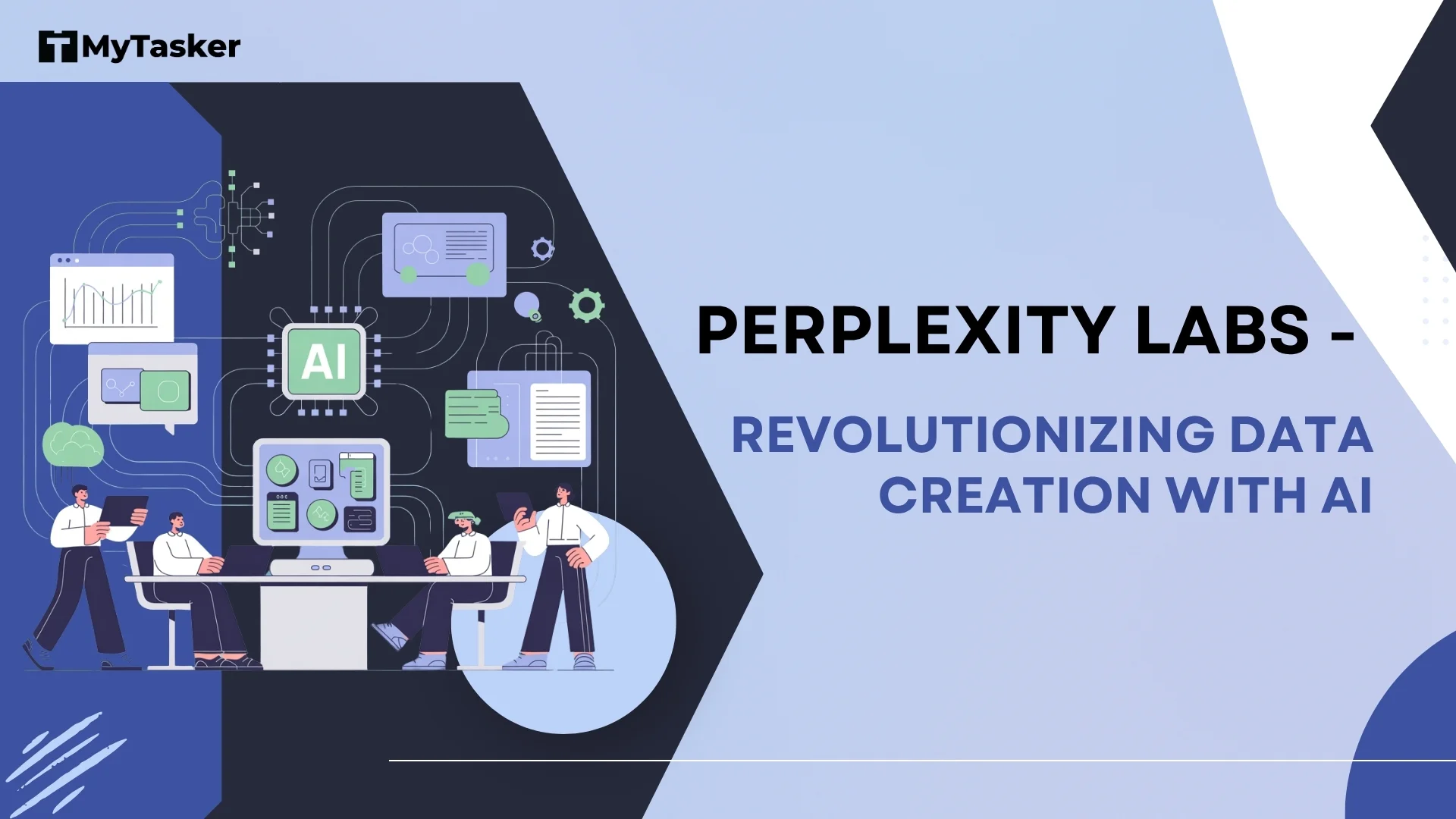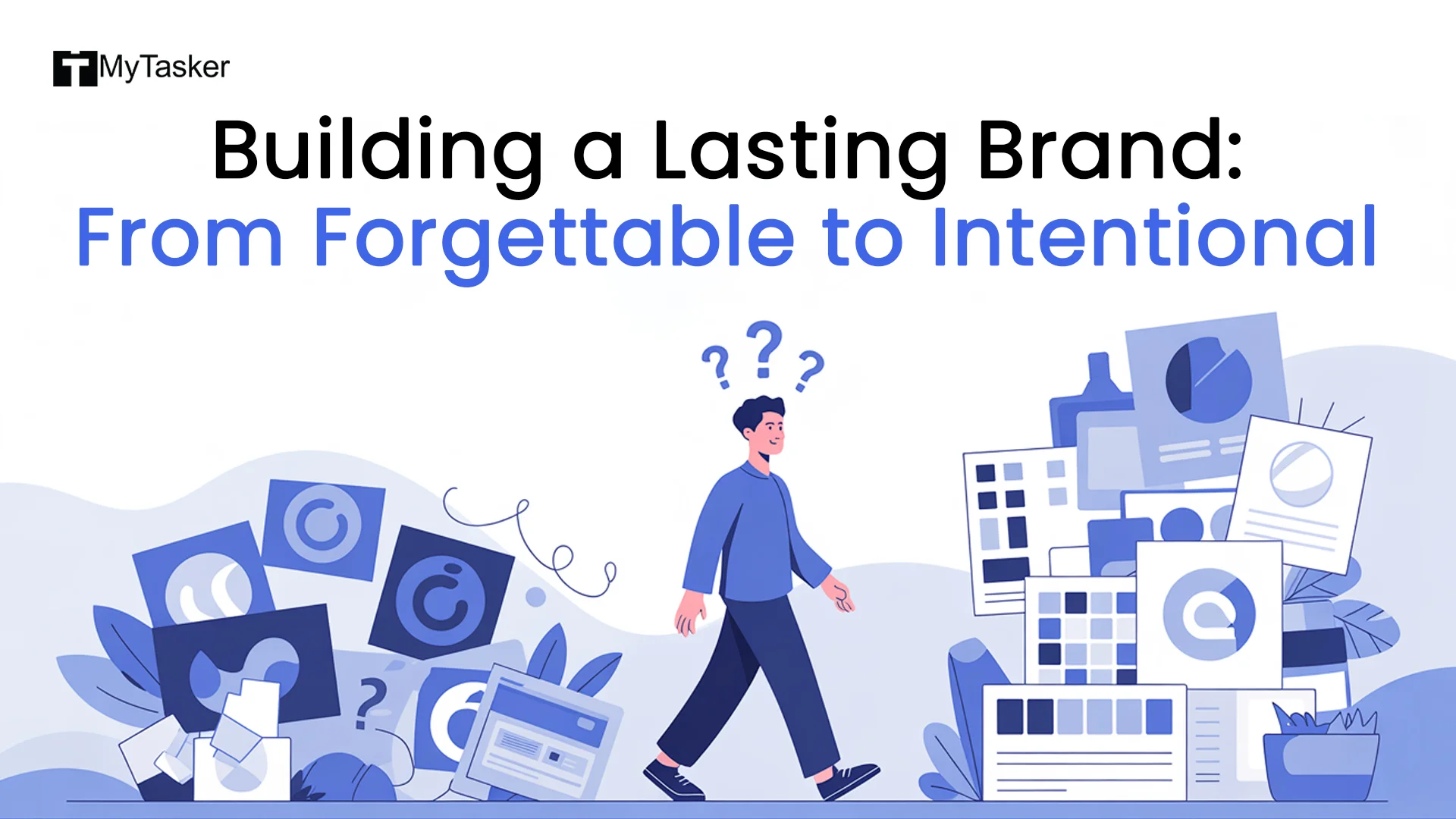From Mad Men to Machines: The Evolution of Advertising
Advertising, at its core, is about persuasion wrapped in storytelling. From jingles that live rent-free in your head to cinematic Super Bowl ads that bring you to tears, the magic has always stemmed from the human connection—empathy, wit, timing.
Don Draper, Mad Men's chain-smoking oracle of Madison Avenue, wasn’t just a creative director—he was a cultural anthropologist in a suit. Draper once said, "Nostalgia—it's delicate, but potent."
That emotional potency was the secret sauce of iconic campaigns like Coca-Cola’s “Hilltop.”
In the final episode of Mad Men (Season 7, Episode 14, “Person to Person”), Don Draper goes to a meditation center on the California coast after a breakdown. As he sits cross-legged on a cliffside, eyes closed in deep thought, a small smile creeps across his face — and the scene cuts to the 1971 Coca-Cola “Hilltop” commercial where people from around the world sing “I’d Like to Buy the World a Coke”.
In real life the “Hilltop” ad was created by McCann Erickson. Founded in 1930 and now global as McCann, the agency is known for its “Truth Well Told” philosophy and has worked with brands like Coca-Cola, Microsoft, MasterCard and McDonald’s.
The ad is a symbol of Don’s ability to sell dreams and the advertising industry’s talent to package hope, peace and love into a product — in this case a bottle of Coke.
Fast forward to today—Coca-Cola is still telling stories, but now with AI. Their 2023 Christmas campaign used artificial intelligence to reimagine classic holiday scenes, blending memory with machines. The message is clear: even the most legacy brands are adapting.
And then there’s Meta. Its AI tools don’t just support creativity—they automate it.
In an era where time is money, Meta is effectively saying: Who needs a creative team when you have algorithms?
Welcome to the future of advertising. It’s fast. It’s data-driven. And it’s increasingly not human.
The AI Revolution in Advertising
Creative Generation: From Months to Minutes
Back in the day, ideating, storyboarding, filming and editing a single ad could take months. Today, generative AI tools like Runway, Canva Magic Studio and Meta’s Advantage+ suite can:
- Turn a static product image into a dynamic ad reel.
- Generate dozens of copy variations in real time.
- Adapt creatives to match cultural nuances or local humor, automatically.
Sir Martin Sorrell says: "AI compresses the time to produce a commercial from months to days and reduces costs from millions to hundreds of thousands."
But let’s be honest: that comes at a cost. Not just jobs—but depth. Not all efficiency is creativity.
The brands that win won’t be the ones who churn out AI-generated content en masse, but the ones who combine speed with soul. AI as the engine. Humans as the compass.
Hyper-Personalization at Scale
Imagine running a single ad campaign with a thousand versions—each uniquely tailored to user interests, purchase intent and even emotional state. That’s not a fantasy anymore. That’s Tuesday. AI enables:
- Spotify to personalise podcast ads based on your mood.
- Google’s Performance Max to adapt visuals for geos and audiences.
- TikTok’s Spark Ads to auto-optimize based on engagement.
But here’s the catch: personalization without emotional relevance is just noise. Creepy noise.
The Threat to Jobs
While AI removes grunt work, it also threatens entire departments:
- Mid-level copywriters are feeling the squeeze.
- Designers now compete with Midjourney and AI templates.
- Media planners are being replaced by predictive bid managers.
Ad agencies are adapting—some moving from hourly billing to flat fees to stay profitable as the time needed for execution shrinks.
As one marketing head puts it: "We just buy more ads with the money we save on creative."
Still, AI can’t replace true insight. The creatives who thrive will be those who know how to prompt, curate and refine AI outputs into something memorable.
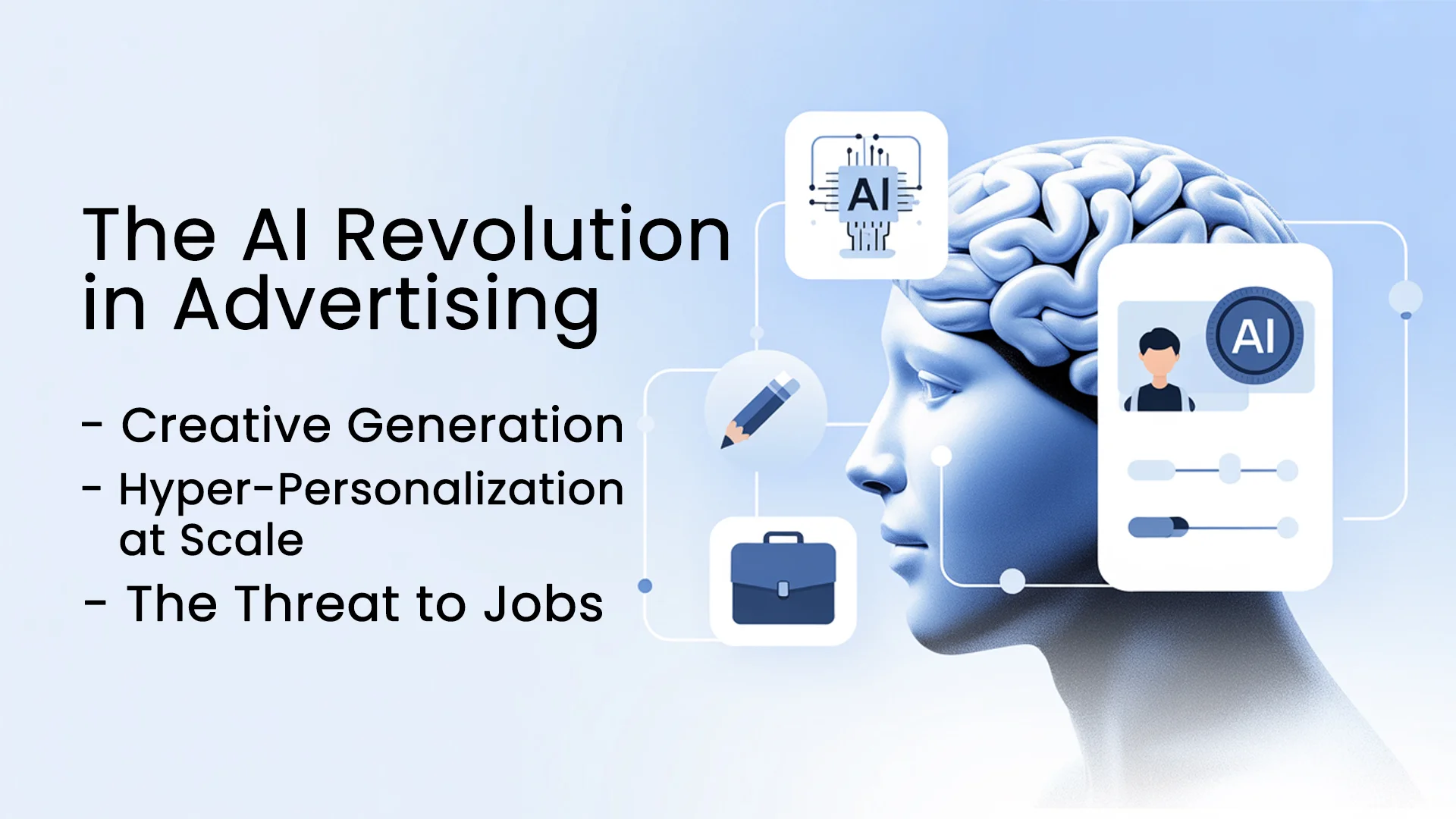
The Industry That Sells Itself
Few industries are as skilled at self-promotion as advertising. That flair was on full display at the annual Cannes Lions Festival, which kicked off on June 16th.
One festival leader declared that advertising “not only pushes creative boundaries but also demonstrates the tangible impact creativity can have on business and society.”
Trophies were awarded for campaigns promoting beer, chocolate and even the New Zealand Herpes Foundation. Yet this celebration of human creativity is taking place against a backdrop of seismic technological disruption.
Mark Zuckerberg has promised that brands will soon just state their objectives and budgets and Meta’s AI will do the rest. Sam Altman of OpenAI believes that 95% of agency work will soon be done by AI—cheaply, instantly.
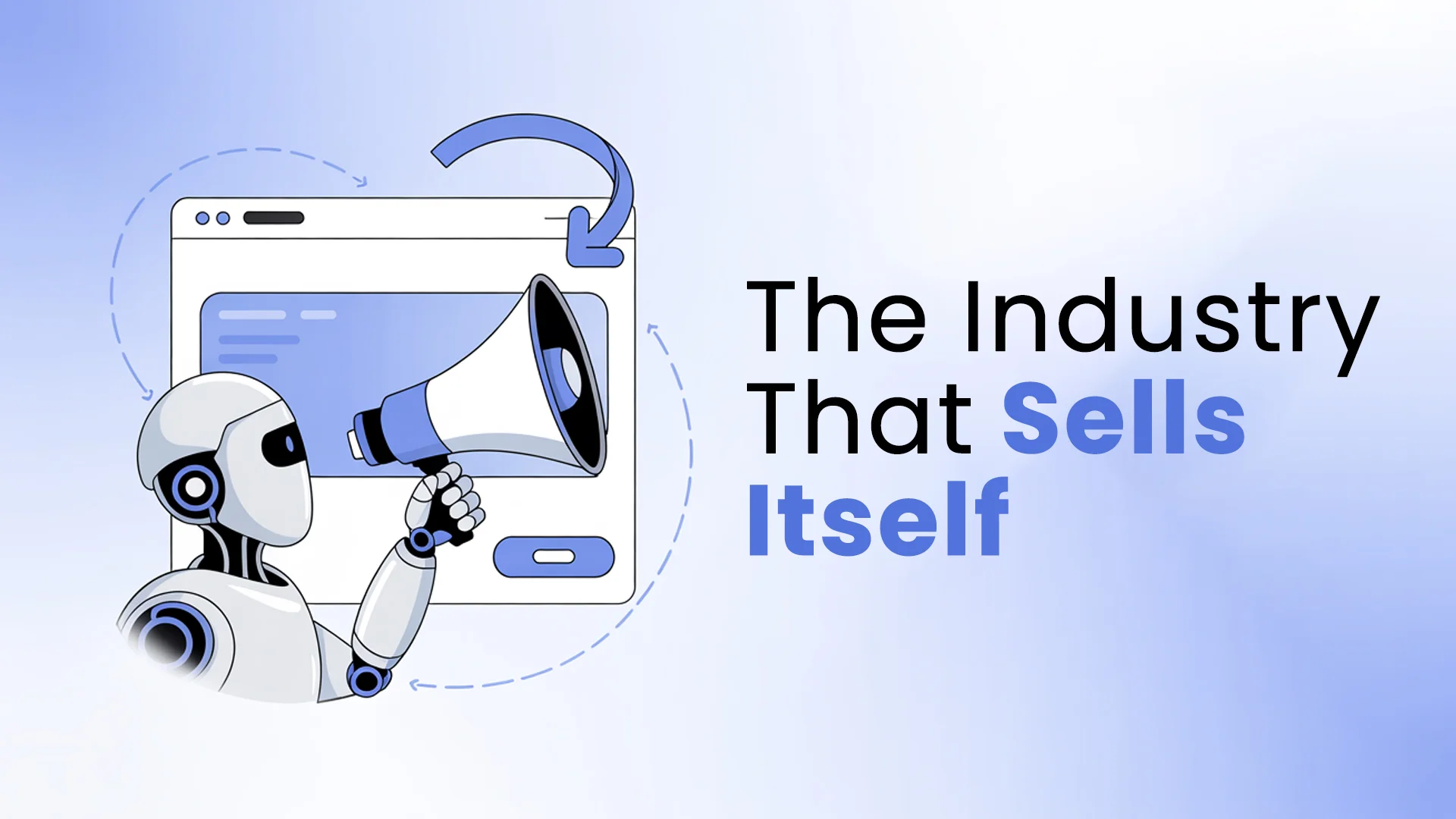
Big Tech’s Dominance and the AI Grip
Digital transformation already shifted ad dollars from print and TV to Google and Meta. Now, AI is pushing even deeper into the creative territory once thought safe from automation.
Global ad spend continues to grow—by around 6% a year over the next three years, according to WPP Media. But the lion’s share goes to tech giants:
- Google, Meta, ByteDance and Amazon now control over half the global ad market (up from one-third in 2019).
- Eight of the top ten ad sellers are tech firms.
These companies are getting ahead of the curve:
- Meta’s Advantage+ boosts ad ROI by 22%.
- Google’s Performance Max lifts sales by 10%+.
- Spotify is inserting ads into AI-powered podcasting, learning more from users’ intent-rich listening habits.
Sean Downey, Google’s Americas president, says: "AI has the most potential to improve business outcomes that they’ve seen in the last 20 years."
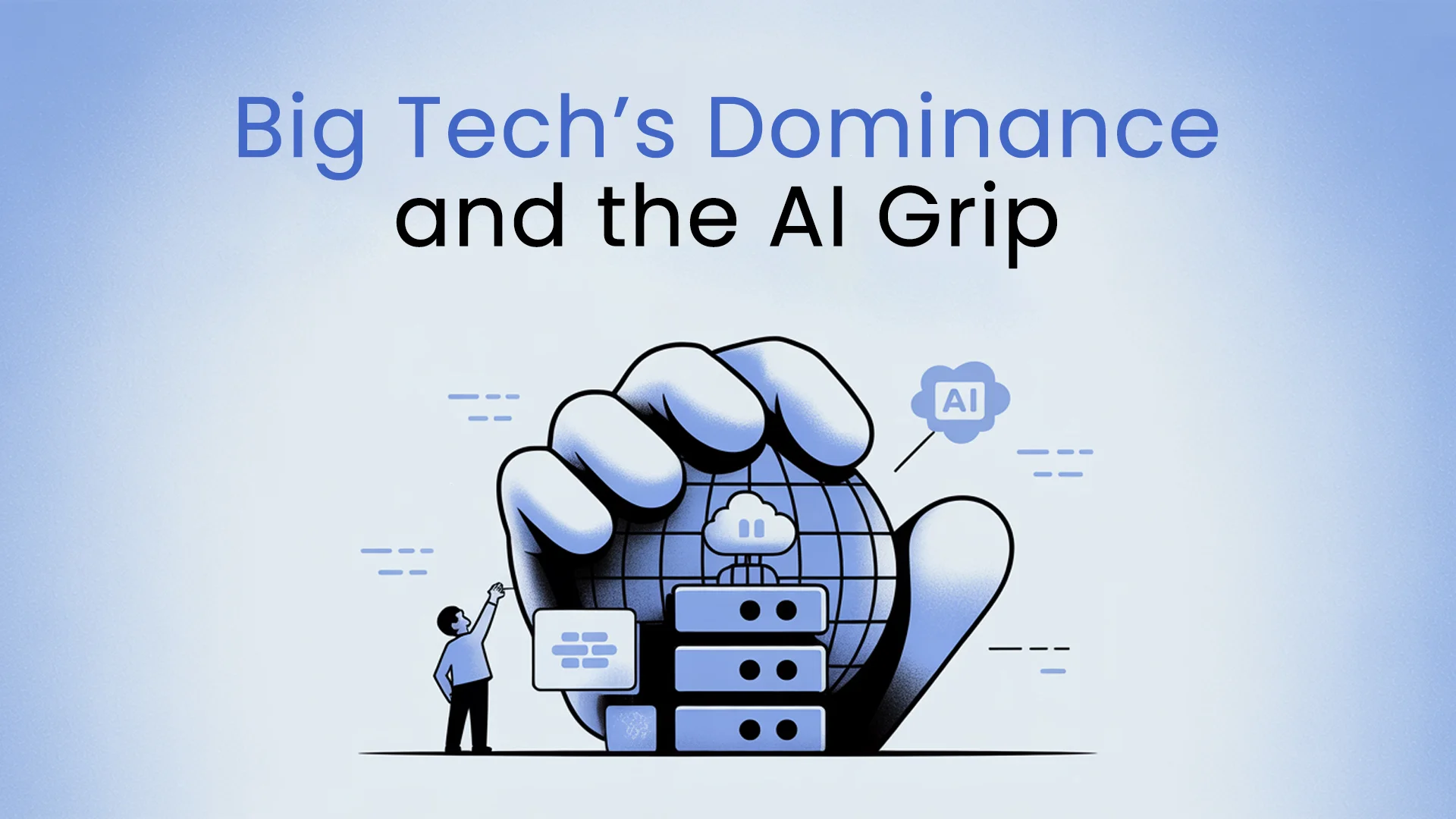
Measuring, Targeting and Now… Creating
Startups like Alembic use AI to track consumer behavior with incredible accuracy—repurposing contact-tracing tech from the COVID era to measure ad ROI.
Delta Airlines found its Olympic sponsorship delivered more value than other promotions.
At Cannes, TikTok unveiled tools to generate ads from text and images.
Meta launched automated ad personalization in ten languages. Google AI helped Kalshi create a full-fledged commercial in 48 hours for $2,000.
The punchline? The director said: "I got to stay in my underwear for the entire shoot."
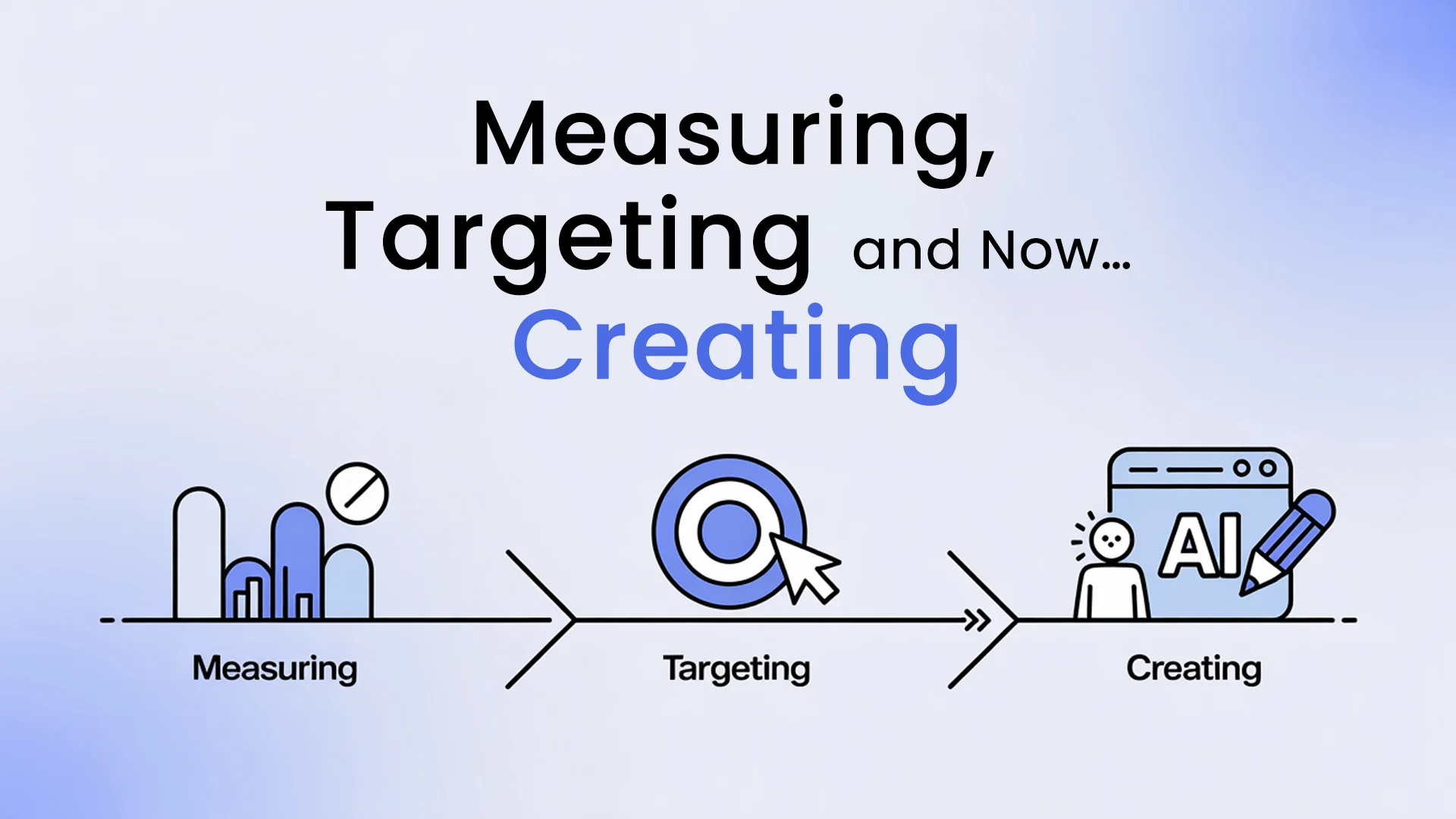
Agencies Push Back
Ad execs argue that while AI can create content, it can’t surprise, delight or truly connect. And they have a point.
In a world of infinite AI content, difference is the premium. Agencies are pivoting to:
- Offer standout storytelling.
- Influence LLMs and digital agents.
- Optimize for algorithms and emotion.
Even PR is making a comeback—influencing the data LLMs train on and improving brand recommendations from bots like ChatGPT and Gemini. Infographics are being translated into AI-readable text. Ingredient lists are being optimized for bot digestion.
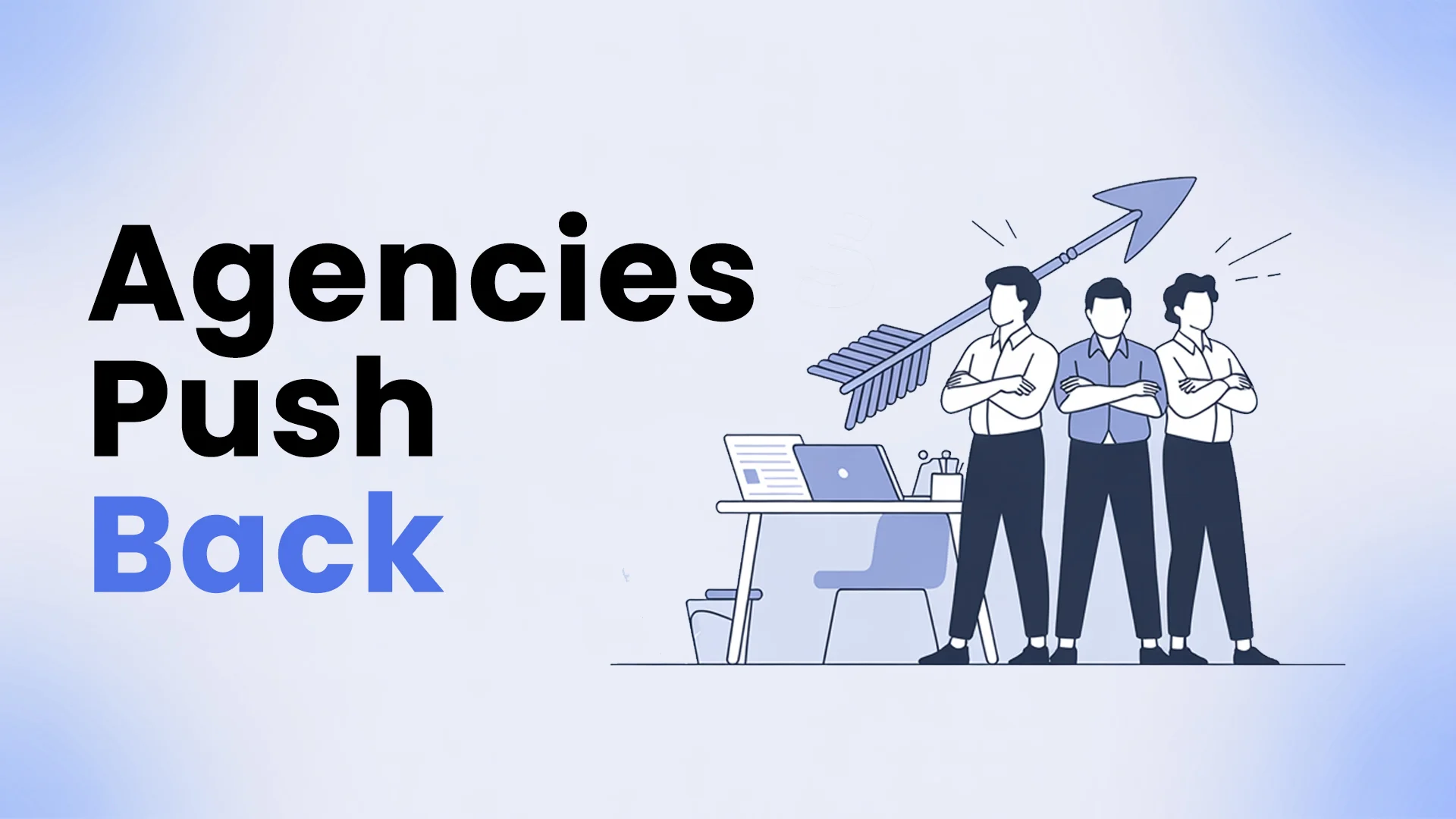
By the Bots, For the Bots
As AI-powered agents start making purchase decisions (e.g., alerting users when prices drop), advertisers must learn to market not just to people—but to machines.
Some companies are already targeting language models. Tools like Evertune simulate LLM interactions to test brand prominence. AI models respond differently based on their training data, with preferences shaped by Reddit, Meta platforms or licensed sources.
The implications? A future where ads are made by AI, targeted by AI and read by AI agents on behalf of consumers.
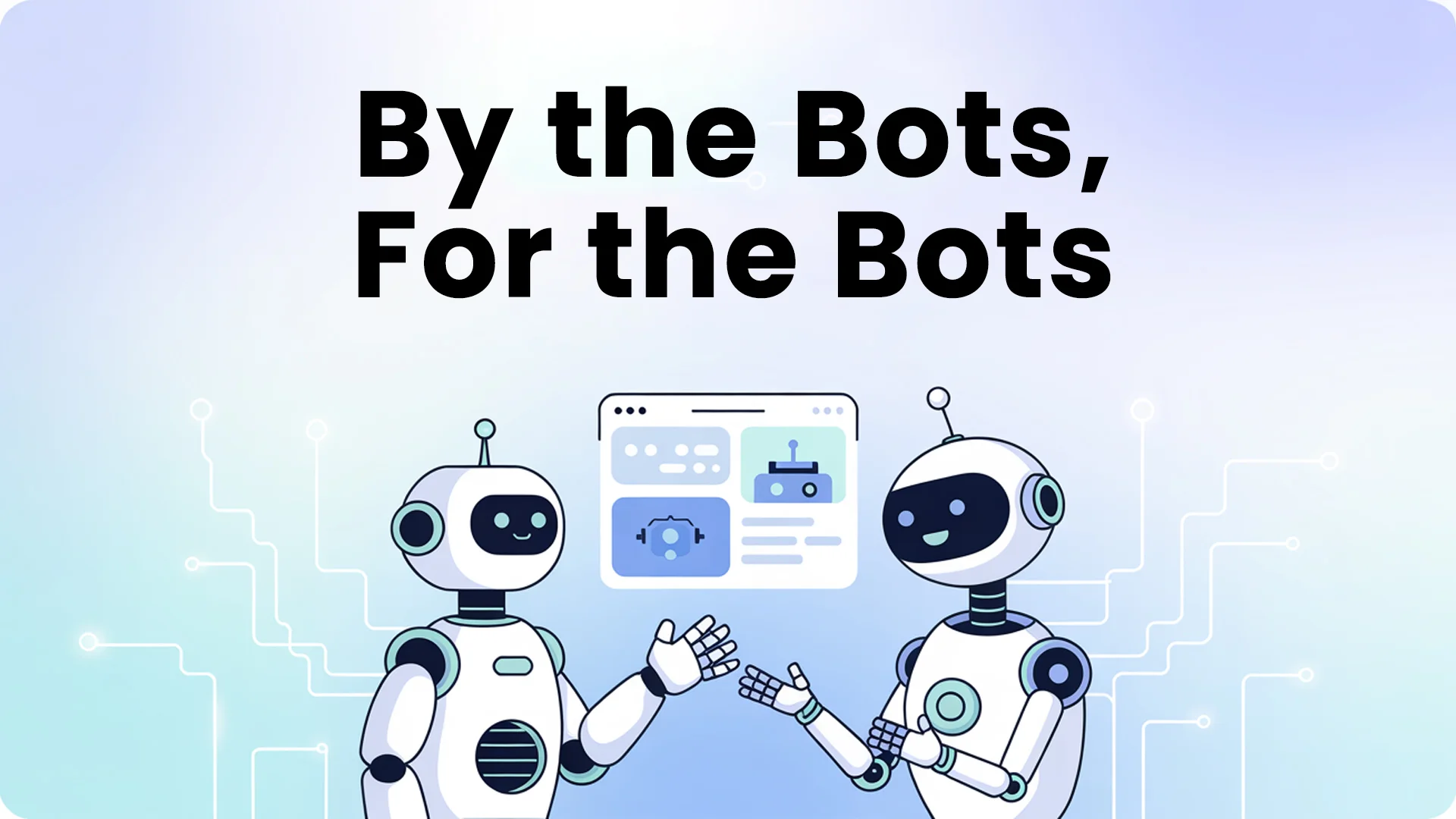
Will the Mad Men Survive?
Advertising legends have always adapted. From radio to TV, print to programmatic, the industry has evolved.
But AI changes the game:
- For small businesses: AI is the great equalizer.
- For big brands: Creativity still matters—for now.
- For tech giants: The end-to-end ad machine is nearly here.
The real danger isn’t AI itself. It’s agencies clinging to outdated models, thinking Cannes-style flair will shield them.
The Verdict: Adapt or Be Automated
AI won’t kill creativity—but it will make it harder to stand out.
In a world of automated sameness, emotional resonance and smart strategy will be the difference.
The winners will use AI for efficiency and keep the human touch.
The losers will think yesterday’s genius will outrun tomorrow’s automation.
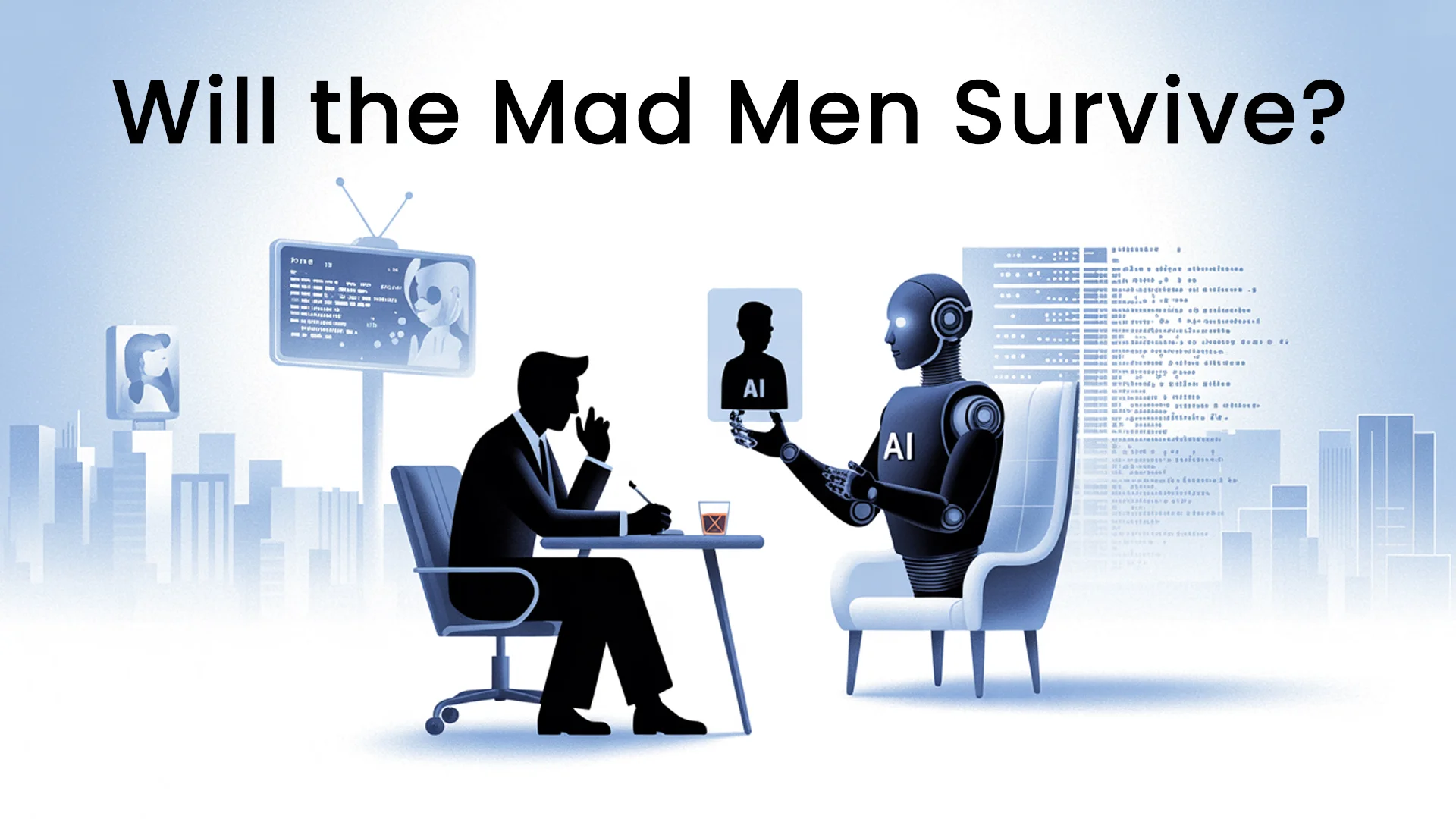
Ready to Future-Proof Without Losing the Human Factor?
AI is changing advertising but strategy, storytelling and execution still need a human hand.
At MyTasker, our virtual assistants help businesses like yours stay ahead—whether it’s managing digital campaigns, researching new tools or handling daily admin so you can focus on growth.
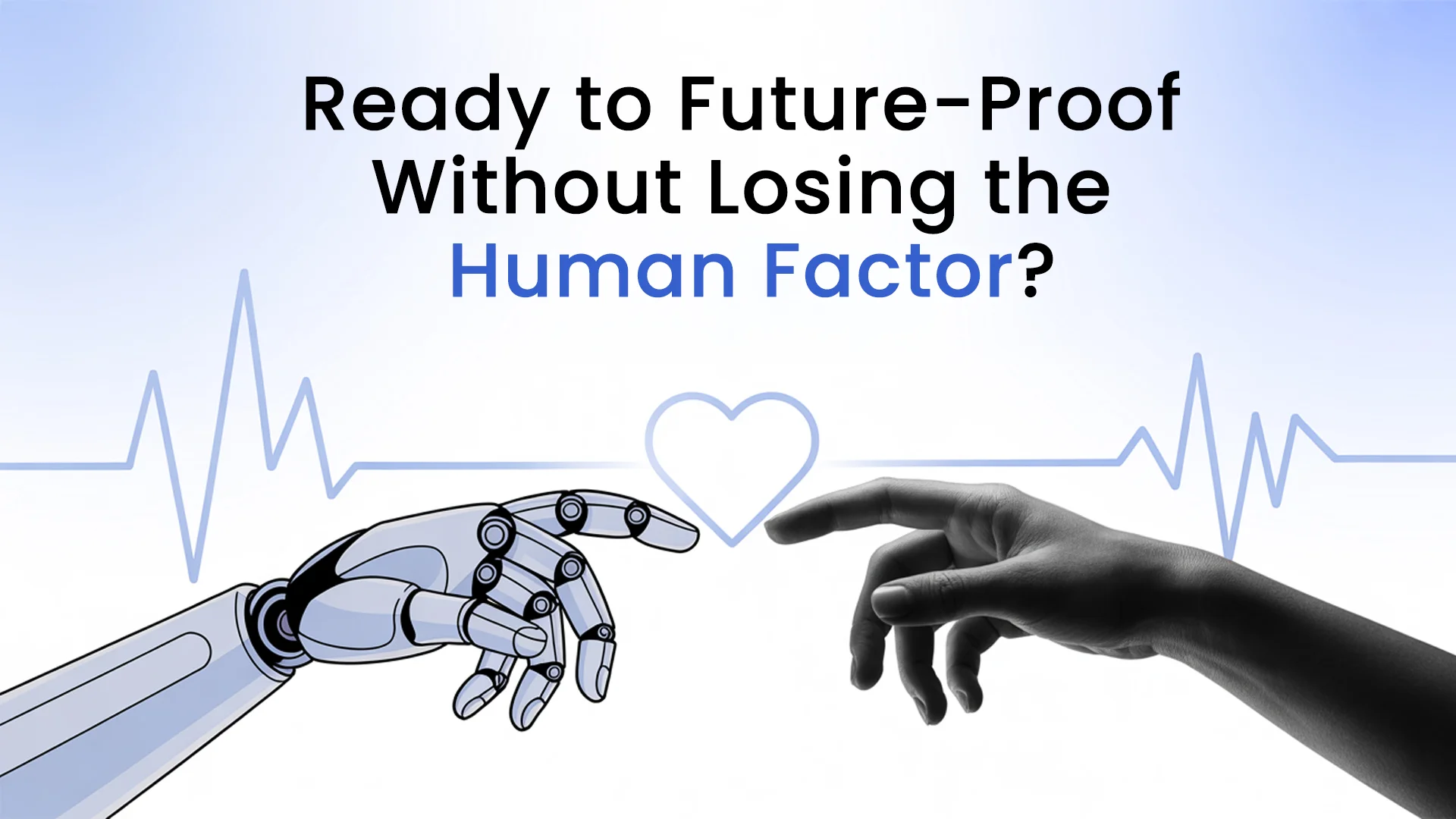
Let AI do the heavy lifting—and we’ll do the rest.
Try MyTasker trial to figure out your brand voice. If you already know yours, let’s amplify it.
